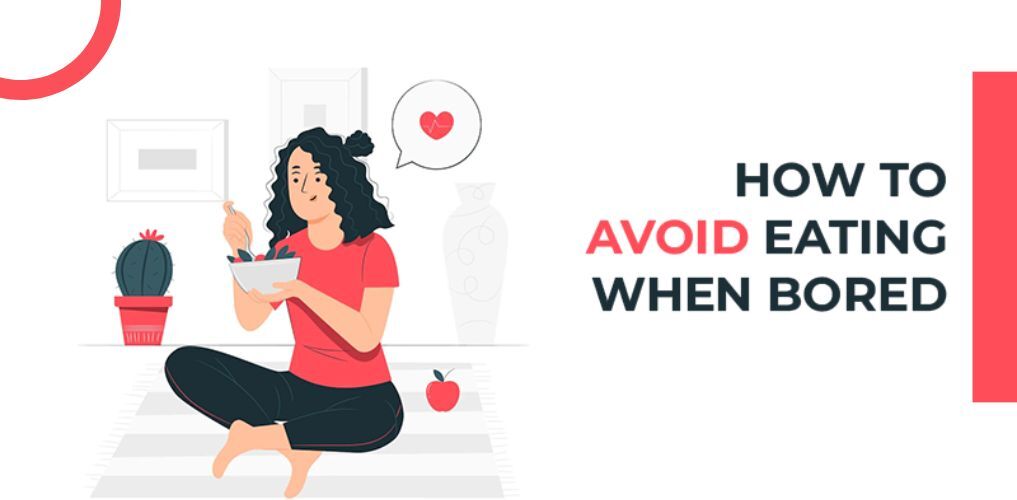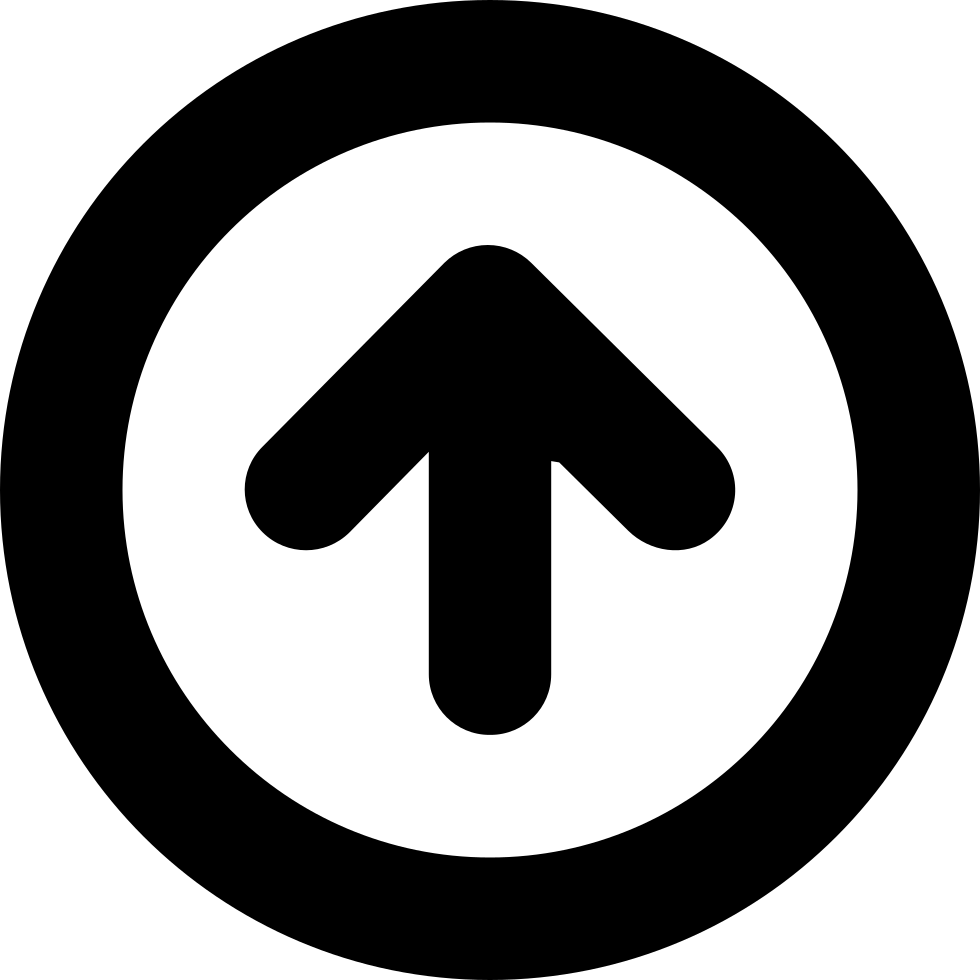
When you’re bored, do you notice you keep returning to the kitchen?
I would hazard to say that almost everyone engages in the eating practice of boredom eating at some point in their lives. When I got home from school in middle and high school, I did a lot of boredom eating to pass the time before grudgingly starting my schoolwork.
With fewer opportunities for social interaction and stimulation as many of us switched from office settings to working from home, food frequently filled the need.
It’s crucial to note before continuing that eating out of boredom is not only a typical eating behavior, but it’s also not always a “bad” thing to do. There is a lot of shame associated with eating out of boredom, however, this shame is unjustified and not particularly useful when attempting to stop eating out of boredom.
It can, however, become an issue if it’s the only method you’ve found to deal with boredom or if it’s making you feel miserable by impeding your capacity to properly nourish yourself.
Why Does Boredom Eating Occur?
Emotional eating includes eating out of boredom. In the same way that you can use food to boost your mood when you’re feeling down or to relieve tension or anxiety, you might use food to keep you entertained when you’re bored.
I frequently bring up the subject of tolerance when I discuss emotional eating with clients. Dan Siegel is a psychiatrist who has authored and conducted considerable studies on mindfulness, trauma, and parenting. The term “window of tolerance” refers to a “zone” of nervous system activation where one is most capable of carrying out daily tasks. Your nervous system may become overly stimulated in certain circumstances, triggering the “fight or flight” reaction.
Panic, anxiety, fear, hypervigilance, or rage may be experienced when the nervous system is overly stimulated. The neural system can become overly stimulated under other circumstances, linked to despair, tiredness, emptiness, and disassociation. Think of the crash one could experience after a panic attack when imagining how hyperarousal is frequently brought on by a type of nervous system “burnout” from hyperarousal.
It’s crucial to remember that nervous system activation happens on a scale, even though the emotions I just described might sound severe for a blog post on boredom eating. It makes sense that you would look for something to activate your nervous system a little and bring yourself back into the window of tolerance or prevent it from dropping further if you were bored because boredom is associated with hyperarousal, or being on the lower range of one’s window of tolerance. Food and eating out of boredom play a role in this.
I tell you all of this to make you understand the significance of boredom eating and the amazing ingenuity displayed by people when attempting to control their nerve systems. I hope it helps you feel a little kinder toward yourself when you’ve struggled with boredom eating.
How to Avoid Eating While Boredom?
Ensure that you are consuming enough throughout the day.
When people eat out of boredom, it’s often because they’re physically hungry. It’s common to confuse nibbling or grazing out of boredom with hunger because hunger might manifest as exhaustion or difficulties concentrating. Make sure you are eating enough during the day before attempting to stop eating out of boredom.
Whenever you are hungry, eat something filling.
Try to eat something that will genuinely satisfy you if you realize that you are actually hungry or if it has only been a short while since your last meal. I frequently observe people grabbing a small snack or a handful of something that isn’t particularly filling. Even while a tiny snack could be useful when you’re feeling bored, it probably won’t fill you up.
Recognize the best times to avoid eating out of boredom.
Consider the past and note the moments when you were more inclined to binge. Here are a few that I frequently hear from clients:
- Preparation for a test
- Following school
- When working on a laborious assignment or dull task
- Before going to bed at night
- When a roommate or partner travels
- Loss of a near & dear one
- Heartbreaks
Knowing when you’re more likely to overeat out of boredom makes it simpler to make plans in advance to supply alternatives.
Make a toolbox for eating out of boredom.
This toolbox is beneficial because emotional eating includes boredom eating. A toolbox is essentially a list of additional self-care methods, exercises, and resources you might use to manage an unpleasant emotion. I use the analogy of the toolbox to remind people that there are many tools available, and some may be more effective for particular jobs than others. Eating is a tool, but we need to stock our toolbox with other tools, just as you wouldn’t expect a wrench to solve everything that could go wrong in your home. Here are some concepts:
- Make a list of a few games you can play, including Wordle, video games, crossword puzzles, and other activities.
- Take a stroll outside or take your dog for a walk, if you have one. Pay attention to which blooms in your yard or room garden are dying away and which ones are beginning to sprout.
- Watch old favorite TV show episodes again.
- Make a call to a friend you haven’t spoken to recently.
- List the household chores you’ve been intending to complete. Use that ennui as an opportunity to finish something on your list, even if it’s not really significant.
Exercise mindful eating and awareness.
How often have you eaten out of boredom and then felt guilty about it? It’s challenging (perhaps impossible?) to stop a behavior you’re not even aware of. You can actually have a chance to stop eating when you’re bored if you practice mindfulness and mindful eating techniques, which can help you recognize when you’re indulging in boredom eating.
When you eventually do eat out of boredom, be kind to yourself.
Never forget that humans typically eat when they are bored. You may choose to address behavior when it causes more harm than good. But as a human, you’ll almost likely start eating again to pass the time when you’re bored. The secret is to approach it with grace and to be intrigued rather than critical of it.
We offer greater intuitive eating coaching if you need more direction and are struggling with emotional eating or boredom eating. Visit this page to learn more about our philosophy and services, and then get in touch if you’d like to collaborate.


